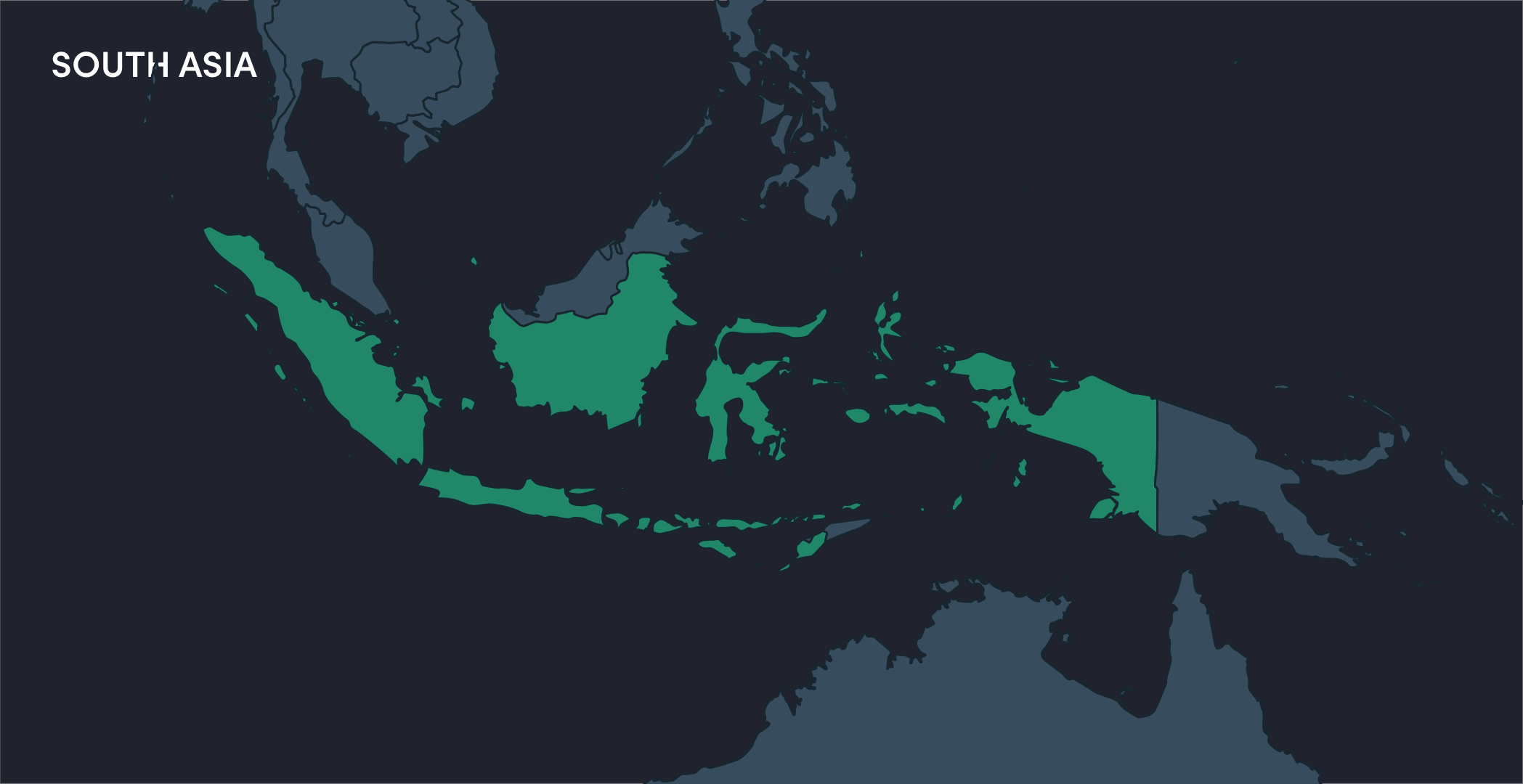Children in Indonesia experience high levels of violence due to social norms that support harsh punishment, isolation of the most vulnerable families, and a lack of community support services, quality parenting education, and political will. In 2011, a study in Papua and West Papua provinces found that over 80% of children aged 2 to 14 years were subjected to at least one form of physical or psychological punishment by their caregiver or other household members.
This is an independent evaluation of a 10-week parent and caregiver intervention aimed to prevent violence against young children through group sessions and home visits. Because of unexpectedly low levels of reported physical and emotional punishment in the sample, the statistical tests to estimate the change in frequency of physical and emotional punishment could not be conducted as planned and instead the study measured the reduction from any punishment to no punishment at all.
Though the primary outcome did not show statistically significant results and caregivers in the program were significantly less likely to use positive discipline than those in the control group, caregivers reported some positive impact on their behavior, their relationships with their spouses and children, and sometimes on the children’s behavior as well. Future studies are needed to explain how parents’ reflect and report on their discipline behaviors.

USE OF PHYSICAL AND EMOTIONAL PUNISHMENT BY PARENTS AND CAREGIVERS
There were no statically significant effects observed at endline or follow up. This does not preclude the possibility that the intervention would be effective in reducing physical and emotional punishment in a different population with higher use of physical and emotional punishment.

IMPROVED COMMUNICATION AND PARENTAL BEHAVIOR THROUGH POSITIVE PARENTING
Caregivers reported that they were better able to understand their children’s behavior and temperament, control their anger, and modify their reactions using warmth and positive forms of communication rather than scolding or other more violent forms of punishment, like pinching or yelling.
While the intervention led to some positive findings, it did not achieve its primary outcome (as compared to the control group) due to significantly lower levels of prevalence of VAC than anticipated in the community. This points towards the need for improved systematic surveys on VAC which would lead to more accurate baseline assessments and potentially focusing VAC programming on higher-risk populations.
In terms of participant accessibility, both transportation and childcare are crucial components of parent and caregiver intervention design. If not adequately incorporated, these factors can affect attendance and punctuality.
Including men as caregivers and enabling their participation in parenting programs is crucial but often requires overcoming deeply rooted gender norms and stereotypes around parental responsibilities. As one strategy, parenting interventions can consider offering financial compensation and scheduling sessions around male caregivers’ availability to ensure their participation.
It is crucial to avoid highly technical language when training facilitators, as well as to provide real-life case studies to enable more effective uptake and applicability of learning.
It is important to respect caregivers’ time and availability when scheduling home visitations. The beneficiaries reported better engagement and learning during group sessions as compared to home visits.
Save the Children’s Families First Home Visiting Programme is a 10-week intervention aimed at preventing violence against young children, gradually moving parents away from physical and emotional punishment towards solutions that respect children’s rights and nurture healthy development through group sessions and home visits. Information and support regarding positive parenting and child development are provided, and referrals are made to local community resources.
- Group Sessions: families discuss key childcare and development issues, covering parenting practices, violence against children, risks of institutional care, and information on how to access government social protection, and other services.
- Home visiting: provides individual families with tailored support for specific issues. Sessions explore positive parenting approaches such as: child development; positive discipline strategies; planning on enrollment into primary school; and understanding and support accessing appropriate government assistance.
Prof. Mónica Ruiz-Casares, PhD
Department of Psychiatry and Center for Research on Children and Families, McGill University
www.mcgill.ca/crcf
monica.ruizcasares@mcgill.ca
Rebecca Smith, MPH, MSW
Head of Child Protection Programmes,
Save the Children International
savethechildren.net
rebecca.smith@savethechildren.org
Would you like a concise, two-pager brief on this study? Download the evidence brief in English or in Indonesian Bahasa!





